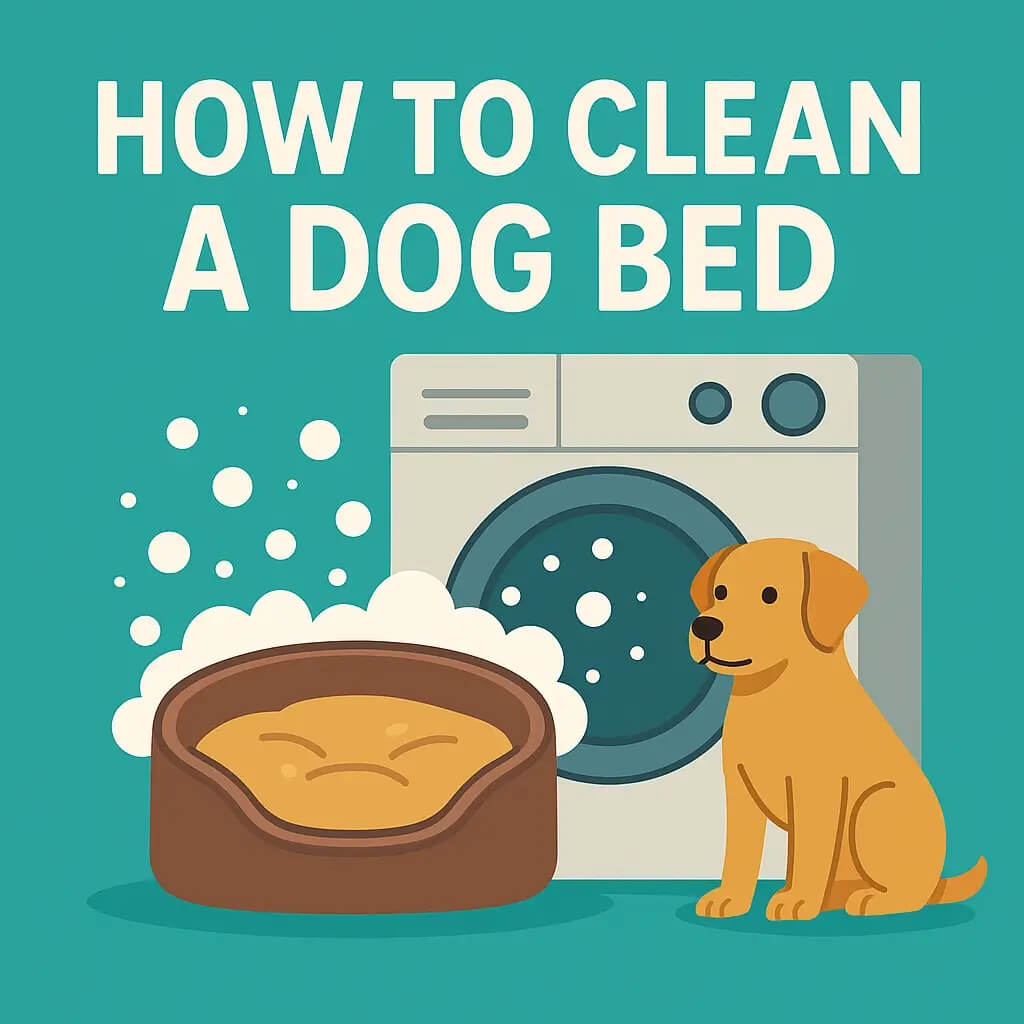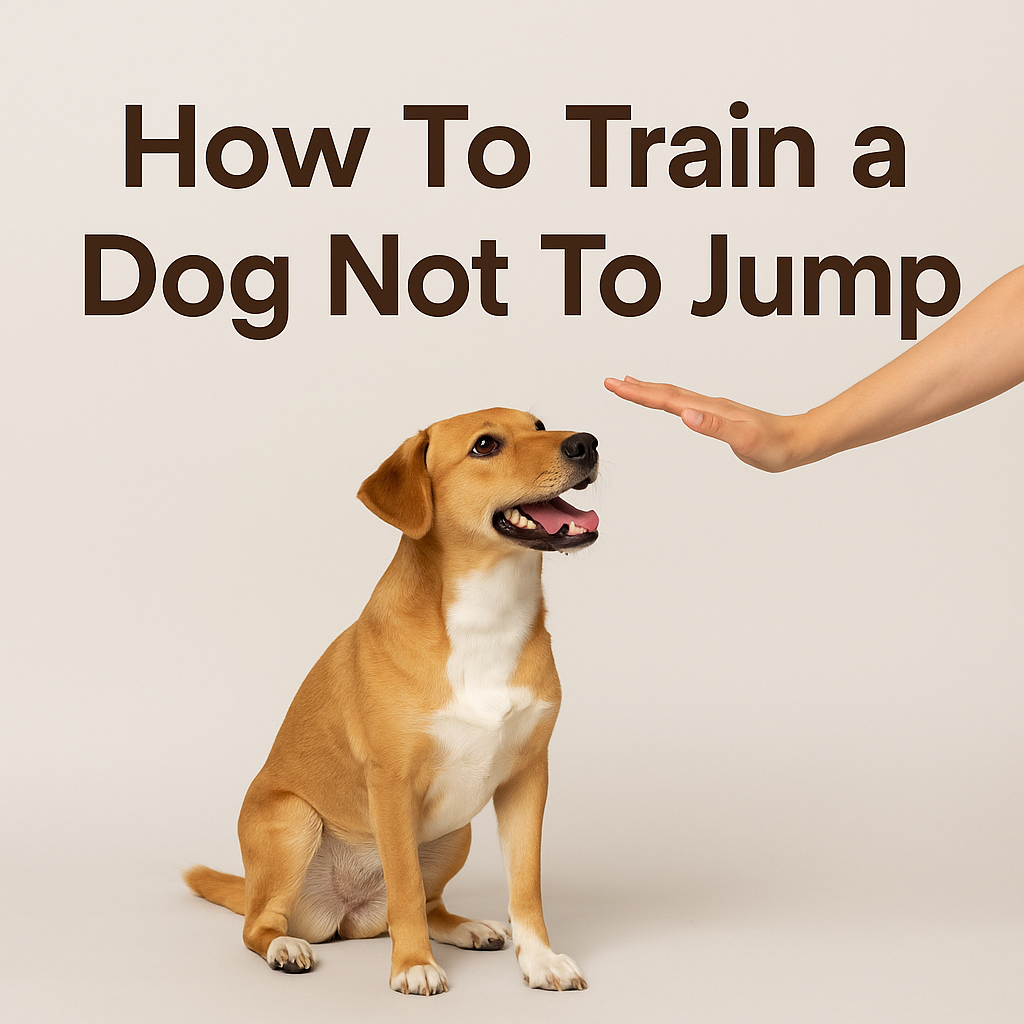A whining dog at 2 a.m. might mean your furry friend is seeking attention, needs a toilet break, or is feeling anxious. In other cases, it could signal discomfort, pain, or even illness. This blog can teach you know how to handle puppy crying, when to wait it out, and when to call a vet.
What is Dog Crying?
Dog crying at night usually shows up as whining, whimpering, or howling. Unlike barking, which is often meant to alert or protect, whining is a softer, high-pitched sound linked to distress, fear, or a desire for comfort. Dogs may cry when they feel blocked from their owners, when they want access to food or toys, or when they are suffering from discomfort.
7 Reasons Of Why Is My Dog Crying at Night?
Dogs produce crying and whining sounds during nighttime hours because of various reasons. Normal causes exist alongside potential signs of stress and health problems. Every dog owner needs to recognize these seven primary reasons which cause their dogs to cry or whine during nighttime.
1. Separation Anxiety
Many dogs struggle when left alone at night, especially in the early days of crate training. They may whine, scratch at the door, or pace around because they feel worried when their family is out of reach.
2. Needing a Potty Break
Young puppies have small bladders and often can’t last through the night without a toilet break. Crying may simply mean your pup needs to pee or poop. Ignoring these signals can lead to accidents inside the crate or house.
3. Pain or Discomfort
Whining can also be a sign that your furry friend is suffering. Pain from sore joints, stomach upset, or even dental problems may be more noticeable at night when the house is quiet.
4. Fear of Noises
Dogs have sharp hearing and may cry if they hear fireworks, thunderstorms, or even other dogs barking outside.
5. Seeking Attention or Learned Behavior
Sometimes, a dog’s whining is less about distress and more about seeking attention. If owners respond every time with cuddles or treats, dogs quickly learn that crying gets results. This can turn into a habit.
6. Not Enough Exercise or Stimulation
A dog that doesn’t get enough exercise or fun during the day may still be full of energy at bedtime. This restlessness can come out as whining, barking, or scratching.
7. Aging and Cognitive Decline
Older dogs may cry at night due to confusion or memory changes, a condition called canine cognitive dysfunction. Cornell University explains that this disorder often affects sleep patterns, causing dogs to pace, whine, or seem lost at night.
The Night Cry Triage By Age
Different life stages come with unique challenges. Here’s how to triage your dog’s crying based on age:
-
Puppies (0–12 months): Crying is completely normal in the early days. A young pup may need a wee in the night, reassurance in the crate, or more exercise before bed. Keeping the crate nearby helps the puppy settle.
-
Adult Dogs (1–7 years): If your adult dog suddenly starts crying, suspect pain, stress, or a new routine. For example, a move to a new house or reduced exercise can trigger distress. According to the WSAVA, changes in activity or sleep can be key signs of pain.
-
Senior Dogs (7+ years): Older dogs may pace or whine because of confusion linked to cognitive dysfunction. Cornell explains that dogs with this condition may cry more at night, forget house training, or appear restless.
By matching your dog’s age to likely causes, you can respond more accurately instead of guessing.
Should I leave my puppy to cry at night?
This is a question nearly every pet parent asks. The short answer is: you should not leave your puppy to cry for hours. While some whining is normal as a pup adjusts to crate training, ignoring distress for too long can cause bigger behavior problems.
Experts recommend checking on the pup if the crying lasts more than a few minutes. Take them for a quick potty break, keep the interaction quiet, and return them to the crate without play or treats. Over time, the puppy learns that crying doesn’t equal fun, but that real needs—like a toilet break—are met.
The ASPCA warns that flooding a dog with long periods of fear, such as ignoring separation anxiety, can make the behavior worse. A better approach is to slowly teach independence, building comfort with being alone in small steps.
Patience is key. Puppies are not being “bad”—they are simply young animals learning how to live in a house. With consistency, most pups grow out of constant night crying.
Should I ignore my puppy crying at night?
The decision to ignore puppy crying depends on the current circumstances. You can safely disregard brief periods of whining from your puppy when they have recently used the bathroom and received food and are safe and pain-free. The practice of crying for attention during nighttime will decrease when you teach your puppy to calm down on their own.
The complete dismissal of all crying from your puppy can create negative effects. Your failure to respond to your pup's crying when they show signs of discomfort or fear or illness will result in missing crucial health indicators. The American Veterinary Medical Association recommends immediate response to pet pain and anxiety because delayed treatment leads to persistent behavioral problems.
You should pay attention to recurring patterns in your puppy's crying behavior. The high-pitched or urgent crying sounds combined with crate scratching indicate your puppy needs immediate attention. When your puppy shows gentle whining after you have provided their needs you can safely wait for a few minutes. The process of increasing waiting time helps puppies learn to sleep through the night while becoming more comfortable with settling down.
How to Deal with Dog Whining?
When a dog’s whining keeps the house awake, it’s easy to feel frustrated. The key is balancing compassion with consistency. Here’s how:
-
Meet Basic Needs First: Make sure your dog has had a toilet break, enough exercise, and access to water. Puppies may need one potty break overnight until their bladders mature.
-
Create a Bedtime Routine: Dogs love structure. Feeding, play, potty, then quiet time in a crate or dog bed helps your pet sense it’s time to rest.
-
Control the Environment: Close curtains, dim the room, and use white noise. The CDC notes that loud, unexpected sounds can be stressful for animals as well as humans.
-
Training & Rewards: Reward quiet behavior with calm praise or a treat. If you respond only when your dog is whining, you may accidentally reinforce the problem.
-
Check for Pain: If whining is sudden or paired with limping, appetite loss, or changes in behavior, call your vet. Ignoring possible illness can make suffering worse.
Pet parents who remain patient and consistent usually see their pooch improve within weeks.
When to Call the Vet
Sometimes, a whining dog at night is more than just a behavior issue. You should call your vet if:
-
Crying is sudden and intense, especially if paired with panting, drooling, or pacing.
-
Your pet is straining to pee, having accidents, or asking for repeated toilet breaks. This can point to urinary or kidney problems.
-
You suspect pain—signs include reluctance to move, whimpering when touched, or hiding away. The WSAVA notes that subtle signs of pain often go unnoticed without careful observation.
-
Your dog shows appetite loss, vomiting, or diarrhea along with crying at night. These can indicate illness requiring treatment.
It’s better to be safe and check with a vet than to assume it’s just “bad behavior.” A quick appointment can ease suffering and give you peace of mind.
FAQs
Why is my dog suddenly whining at night?
A sudden change often signals discomfort, stress, or illness. If your dog normally sleeps quietly but now cries at night, a vet check is smart. Pain, urinary issues, or fear from noises like fireworks are common triggers.
Should I ignore my dog whining at night?
Ignoring all crying is not safe. If you’ve already given a potty break, food, and comfort, short whining may be ignored to teach independence. But ignoring a dog in pain or distress can make suffering worse.
What to do if your dog is crying in pain at night?
If you suspect pain, don’t wait. Contact your vet. Dogs show pain through whining, restlessness, or refusing to lie down. Pain management is critical, as untreated discomfort can worsen anxiety and behavior issues.
Can dog crying at night indicate pain?
Yes. Crying can be a clear signal of suffering. Joint issues, stomach upset, or urinary blockages often get worse at night when the house is quiet. The Merck Veterinary Manual lists pain and illness as top reasons for restless nighttime behavior in dogs (Merck Vet Manual).
Conclusion
Night crying in dogs can test any owner’s patience, but understanding the why behind the whining makes it easier to solve. From puppies needing a midnight potty break, to adult dogs with separation anxiety, to seniors showing signs of age-related decline—each stage has its own challenges.
Pet parents should focus first on basic needs, then training and routine, while staying alert for red flags of pain or illness. With consistent care, most dogs learn to settle quietly through the night. And if your furry friend is suffering, quick veterinary help can make a world of difference.
Remember, your dog’s whining is not just noise—it’s communication. By responding with patience, structure, and love, you’ll build a calmer, happier home for both your pooch and your family.












